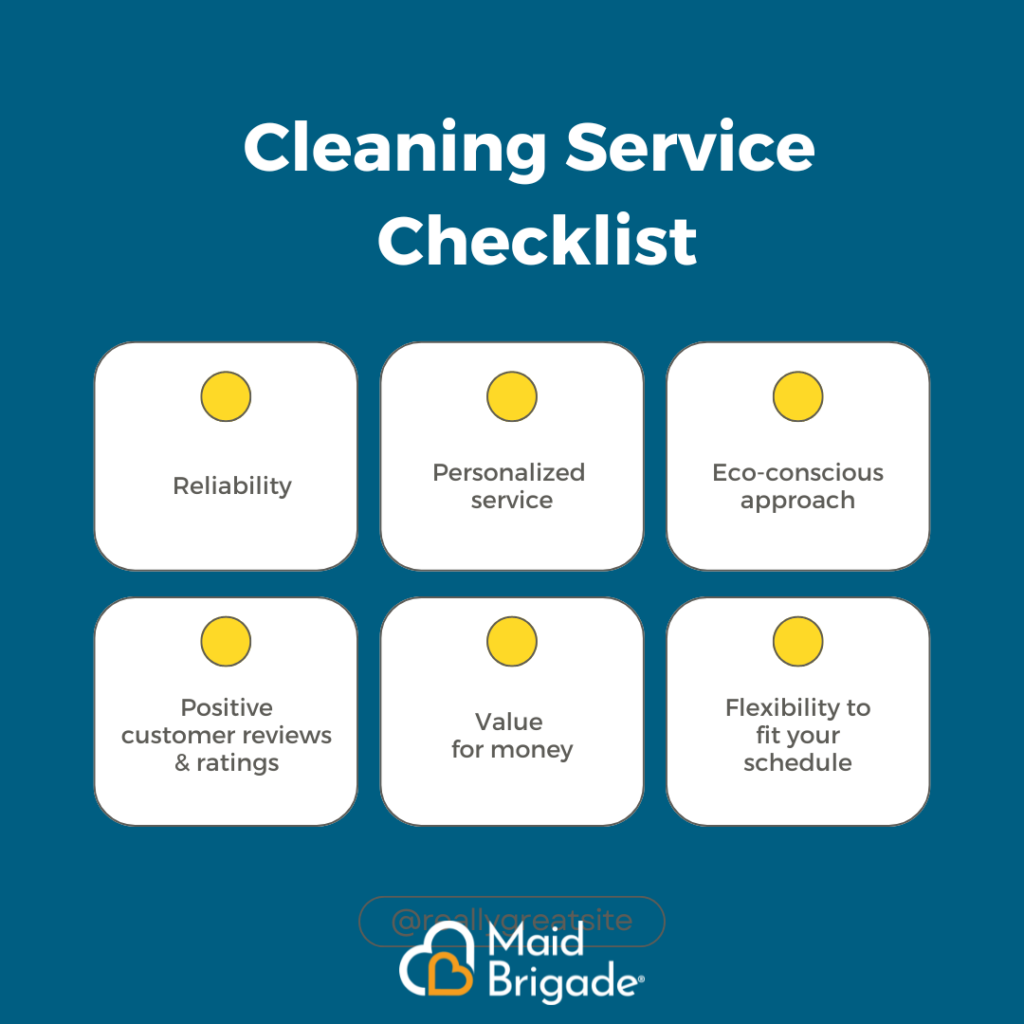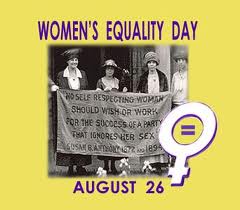
Life is full of choices. Some are small, like what to have for breakfast, and others feel monumental, like selecting the perfect home. Choosing a cleaning service falls somewhere in the middle, but it should be an easy decision that gives you peace of mind and improves your life. Given the variety of options and the unique needs of your home and family, it’s okay if you need a little guidance. In this blog, we’ll take a look at all the key elements you should consider when hiring a cleaning service. Spoiler alert: Maid Brigade checks all the boxes!

Reliability Matters
Imagine hiring a cleaning service that never shows up on time — or worse, doesn’t show up at all! You’re left scrambling, trying to fit cleaning into your already-packed schedule. Reliability should be at the top of your priority list when choosing a cleaning service. At Maid Brigade, we pride ourselves on being dependable. Whether it’s weekly cleanings or an occasional deep clean, you can count on us to show up and get the job done right.
Personalized Service
Not every home is the same, and your cleaning service shouldn’t treat them like they are. Maybe you need extra attention on those stubborn kitchen countertops or a dust-free zone in your home office. A great cleaning service listens to your unique needs and creates a plan tailored just for you. Maid Brigade excels in personalized service, ensuring your specific cleaning preferences are always met. After all, your home should reflect your standards, not someone else’s.
Eco-Conscious Options
In today’s world, an environmentally friendly home isn’t just a nice-to-have; it’s a must-have. Harsh chemicals can leave behind harmful residues that affect your health and damage the environment. Choose a cleaning service that prioritizes non-toxic, environmentally safe solutions, like Maid Brigade! Our PUREcleaning® system uses electrolyzed water to clean and disinfect your home without compromising on effectiveness or safety. It’s better for your home, your family, and the planet.
Positive Customer Reviews and Ratings
In the age of the internet, reviews are your best friend. Before committing to a cleaning service, check what others are saying. Do they have stellar reviews for customer service and quality, or are they continuously disappointing local homeowners with inconsistent, lackluster service?
Value for Money
Budget matters, but so does getting what you pay for. A cheaper service might cut corners, while a more expensive one might overcharge for average work. Strike the perfect balance by choosing a service that delivers top-tier cleaning without sneaky hidden fees.
Flexibility to Fit Your Schedule
A cleaning service should work around your life, not the other way around. Look for a company that can accommodate your busy schedule and adapt to your changing needs. Maid Brigade offers flexible scheduling options so you can enjoy a clean home when it’s most convenient for you.
Imagine Your Clean, Stress-Free Home
Imagine this: walking into a home that sparkles from top to bottom, a place where you can finally exhale and focus on the things — and people — that truly matter. That’s the power of choosing the right cleaning service. Maid Brigade delivers consistent, personalized, and eco-friendly cleaning solutions that help you reclaim your time and energy. Plus, our pricing is transparent and competitive, offering unparalleled value for the quality of service we deliver.When life is busy, don’t settle for anything less than the best. Contact your local Maid Brigade today and take the first step toward a cleaner, healthier, and happier home. You’ve got enough decisions to make — let us handle the cleaning.



